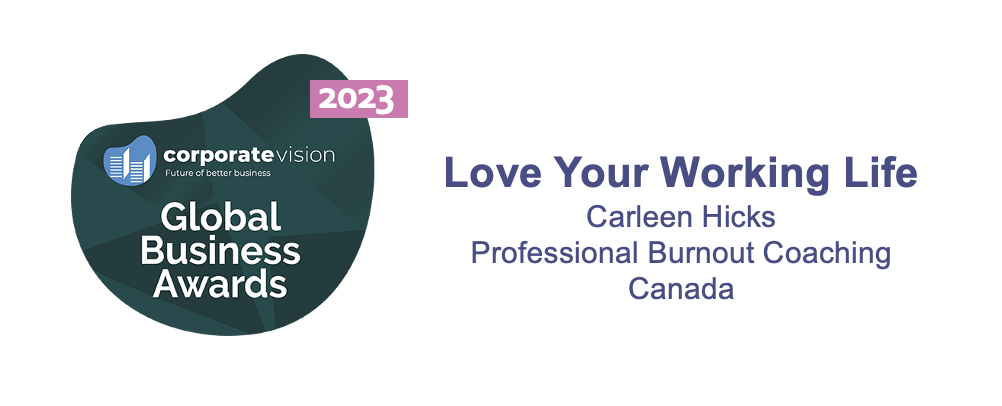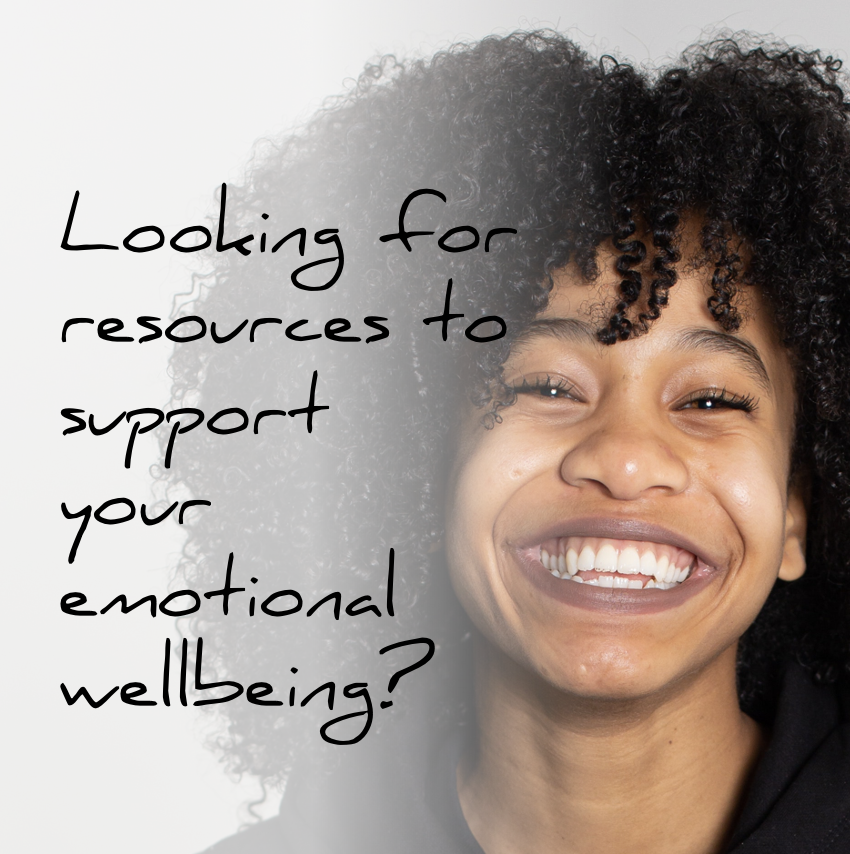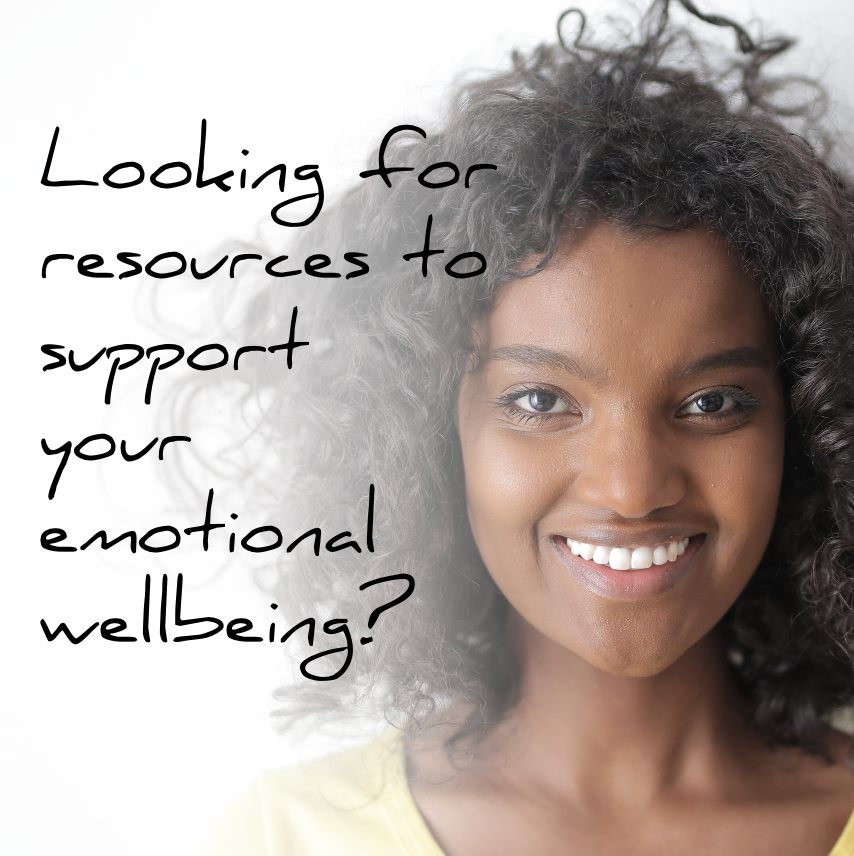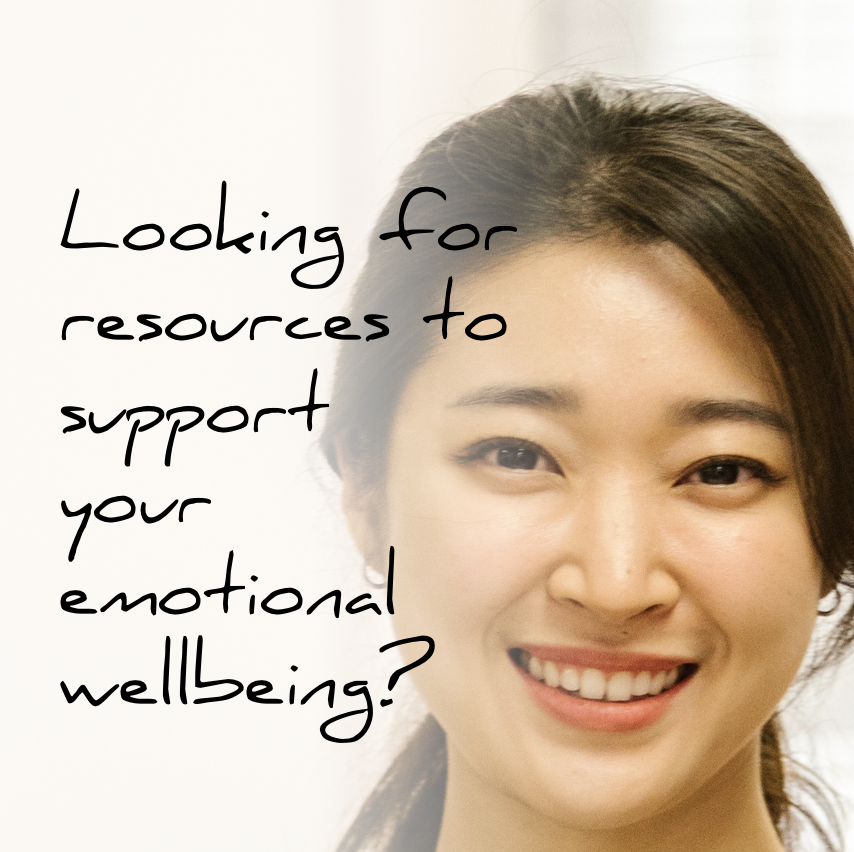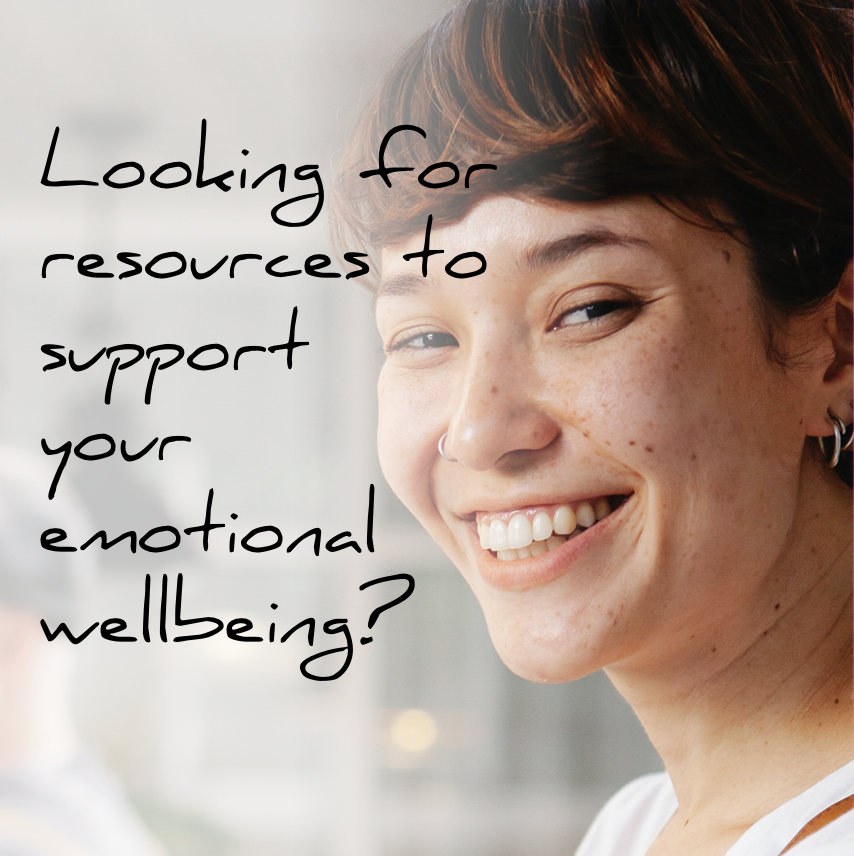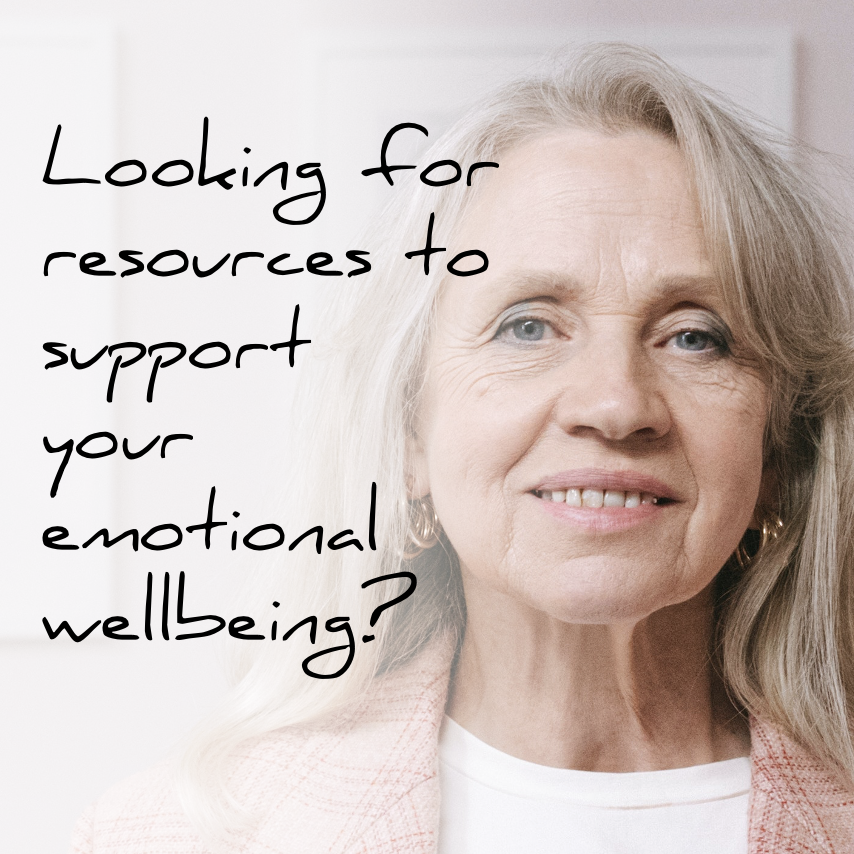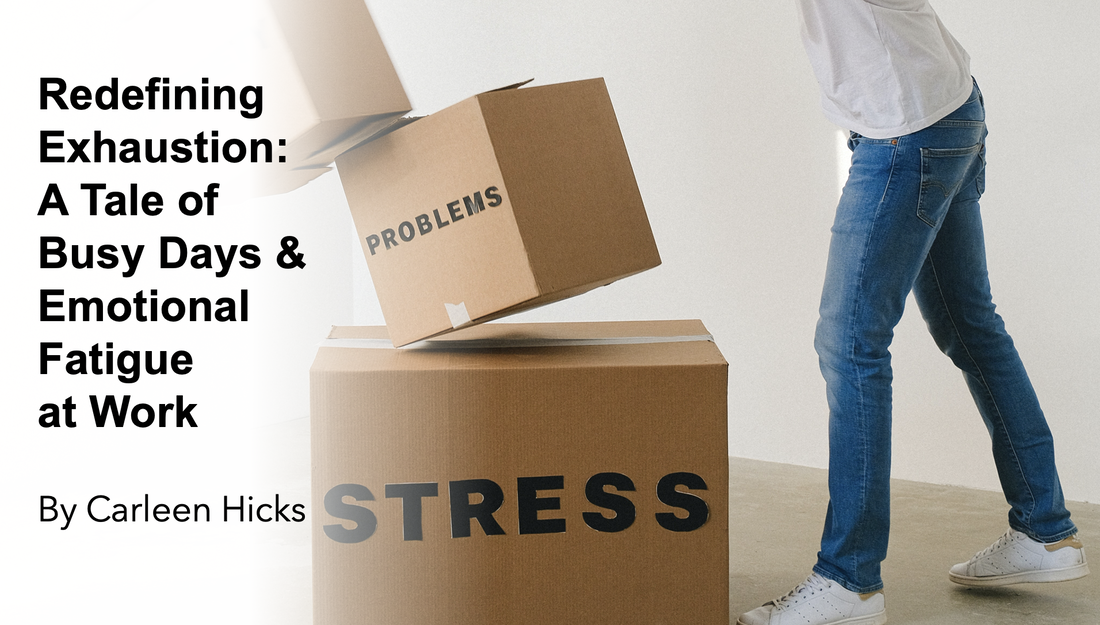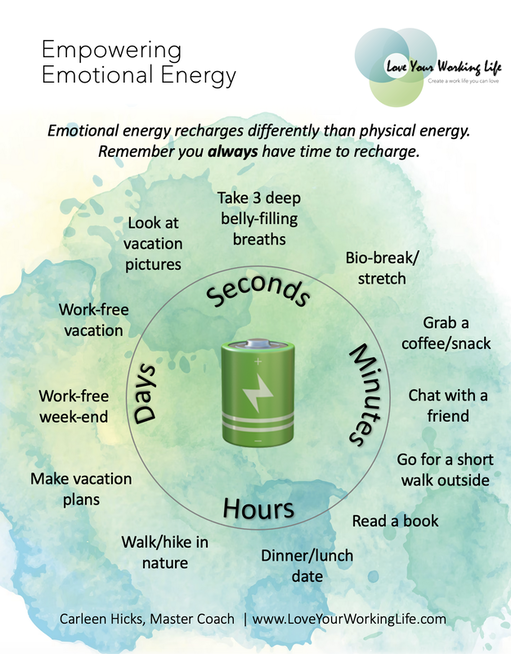|
In today's fast-paced world, being a successful professional means juggling a million things at once. From endless to-do lists to tight deadlines, it's easy to feel overwhelmed and drained. But what if I told you there's a superpower you already have that can not only protect your emotional energy but also set you up for skyrocketing career success? Enter Emotional Intelligence, or EI. Now, you might be wondering, "What on earth is emotional intelligence?" Well, it's not about being overly emotional or suppressing your feelings. In fact, it's quite the opposite. Emotional intelligence is the ability to understand, manage, and express emotions effectively. It's like having a magic wand that allows you to navigate through the rollercoaster of professional ups and downs with grace and wisdom. So, how does emotional intelligence help with hectic? Let's break it down:
By harnessing the power of emotional intelligence, you become a resilient professional who can handle the busiest of days with ease. You'll protect your emotional energy (link to Nurturing Your Emotional Energy: A Guide for Busy Professionals to Thrive at Work) , maintain healthy work-life sustainability (link), and cultivate a positive workplace environment around you. Emotional intelligence isn’t new, it’s is the not-so-secret weapon of successful professionals in today's bustling world. By mastering self-awareness, self-regulation, empathy, stress management, communication, and decision-making, you'll pave the way for an extraordinary career journey. There are amazing assessments that can help you better understand and harness your emotional intelligence superpowers (I use the most highly rated one in the industry to support my clients all the time – they love learning how to use their EI with ease). So, go ahead and embrace your emotional intelligence superpower! It's time to use all of what you’ve got to set yourself up for career success and live your best life. You've got this!
0 Comments
Feeling a little lost in the daily whirlwind of your hectic role? It's not uncommon to find ourselves buried in mountains of tasks, deadlines, and responsibilities, which can often lead to a disconnect from our purpose at work. But fear not, finding your purpose amidst the chaos is possible, and it can be a game-changer for your emotional well-being and career longevity. Step 1: Reflect on Your Values and Passions Pause for a moment and take a deep breath. Ask yourself, what truly matters to you? What excites you? Understanding your core values and passions is the first step in realigning with your purpose. Think about the tasks that bring you the most joy and fulfillment, as well as the impact you wish to make in your profession and beyond. Step 2: Identify Your Strengths Now that you know what excites you, it's time to assess your strengths. Recognizing what you excel at can help you carve out a path that allows you to leverage your skills and abilities. A job that aligns with your strengths is more likely to bring you a sense of purpose and satisfaction. Step 3: Seek Meaning in Your Contributions Purpose emerges when we see how your efforts contribute to a larger goal. Take a closer look at your role and identify how your work positively affects your team, organization, or even society. Whether its helping clients achieve their goals or making a difference in people's lives, understanding the significance of your contributions can fuel a renewed sense of purpose. Step 4: Embrace Challenges and Growth Opportunities Embracing challenges and seeking growth opportunities can breathe new life into your work. As you push beyond your comfort zone, you'll not only enhance your skills but also discover new dimensions of purpose. Embrace change as an avenue to evolve professionally and personally. Now, let's address the elephant in the room: Why is purpose so crucial for emotional wellbeing and career longevity?
So, dear friend, if you've lost sight of your purpose amid the hustle and bustle, take a step back, reflect, and realign. Remember, purpose is the key to unlocking emotional wellbeing and paving the way for a rewarding and enduring career journey. You've got this!
We all know that the workplace can sometimes be a tricky terrain to navigate, especially when it comes to dealing with different personalities, including bosses. This quiz is designed to help you objectively assess whether your boss might be displaying some less-than-ideal behavior. Remember, this is all in good fun and should serve as a starting point for reflection. Let's dive in with 8 thought-provoking questions: Question 1: Imagine your boss made a request during a team meeting you later actioned. Your boss then questions why you did that, and you remind them of their request, to which they reply “No, you must have misunderstood me.” You know you didn’t. How does this make you feel? A) I understand that everyone makes mistakes from time to time. B) I feel frustrated and overwhelmed by their gaslighting. Question 2: During team meetings, your boss often interrupts or dismisses your ideas without giving them proper consideration. How do you react? A) I acknowledge their input and try to contribute in other ways. B) I feel unheard and undervalued, which affects my morale. Question 3: Your boss frequently takes credit for your team's successes, downplaying your role. How does this make you feel? A) It's important that the team's accomplishments are recognized, regardless of how credit is distributed. B) I feel disheartened and believe credit should be given where it's due. Question 4: You've been putting in consistent effort, but your boss consistently focuses on minor mistakes and rarely acknowledges your achievements. How do you respond? A) I take their feedback constructively and strive to improve. B) I find it demoralizing when my hard work goes unnoticed. Question 5: Your boss often cancels pre-scheduled one-on-one meetings and reschedules them repeatedly. How does this impact your relationship? A) I understand that their schedule can be hectic and try to accommodate the changes. B) I feel that my concerns and development aren't a priority for them. Question 6: Your boss makes sarcastic or belittling comments during team interactions. How do you handle this behavior? A) I brush it off as harmless banter and focus on the work. B) I find such comments disrespectful and believe they create a toxic work environment. Question 7: Your boss consistently sets unrealistic expectations and criticizes your performance when you can't meet them. How do you respond? A) I take it as a challenge and aim to meet their expectations. B) I feel stressed and believe the expectations are unreasonable. Question 8: Your boss rarely provides clear directions, leaving you confused about your tasks. How do you cope with this situation? A) I seek clarification from colleagues or try to make the best decisions based on the information available. B) I feel frustrated and think clear guidance is essential for productivity. Results: Count the number of A and B responses. If you answered mostly A's: While your boss might have some demanding traits, it seems like you're trying to manage the situation and make the best of it. Keep an eye on this while you continue to keep communication open and maintain a positive attitude. If you answered mostly B's: It's possible that your boss might be displaying some behavior that's making your work environment less pleasant. Consider discussing your concerns with your boss directly, HR or by seeking advice on how to address the situation professionally with a career coach or mentor. Remember, this quiz is a starting point for reflection and isn't a definitive judgment of your boss's behavior. If you're facing challenges, don't hesitate to seek support and guidance to create a healthier workplace dynamic. You deserve to thrive in your career.
Today let’s take a captivating a peek behind the curtain of the professional world. Imagine you have the ability to tune in to the unspoken thoughts of your emotions while at work. What would you discover about your emotional needs and your overall wellbeing at work? Let's dive right into this intriguing journey! Having the privilege to speak with professionals from various fields, I quickly realized that beneath their polished exteriors lies a complex web of emotions that go unspoken at work. Reflecting on the hundreds of recent conversations I’ve had where this rich, emotional landscape has been shared with me, the first thing that strikes me is the universal desire for recognition and validation. It's like a hidden chord that resonates within each individual – the yearning to be acknowledged for their hard work and dedication. It's not just about the paycheck; it's about the emotional paycheck too! But there's more to the story. Deep down, most professionals secretly yearn for a sense of belonging – to be part of a team that values and appreciates their unique contributions. It's heartwarming to uncover the silent plea for camaraderie and genuine connections amidst the hustle and bustle of the corporate world, but heart breaking when it goes unanswered. Now, let's talk about stress. We all know work can be a pressure cooker, but witnessing these thoughts in action reveals the magnitude of the emotional burden. The unspoken worries about meeting deadlines, handling tight schedules, and juggling endless responsibilities are like shadows lurking beneath the confident exteriors of so many professionals. It's a reminder that even the most seemingly put-together individuals have their battles. Interestingly, work-life sustainability is a prominent concern. So many professionals' express the desire to excel in their careers without sacrificing precious moments with loved ones. It's a tightrope walk between ambition and personal wellbeing, and these hidden contemplations are but a glimpse into the professional struggle. So many professionals I’ve talked to know they’re at risk for burnout, but they’re not looking to step away from work. They want to know how they can keep going without jeopardizing their health. Through my work as a coach, I realize that many professionals harbor a profound need for growth and learning. The hunger for challenges that help them expand their skill set and achieve personal development is palpable in their often-unshared understanding of their own needs at work. They aspire to be better versions of themselves, constantly seeking opportunities to evolve, and the support of their manager/organization to do so. What this exclusive backstage pass to professionals' thoughts on their emotional needs and health at work tells me is there’s often a lot that goes unsaid. It's a vivid reminder that behind every successful career is a human being with dreams, aspirations, fears, and hopes. Next time you hesitate to express what you really need to not just succeed, but flourish at work, remember that you’re not alone; your needs may be better received than you know. For all of us, there's a lot more going on beneath the surface than meets the eye. But it’s the professionals who’ve embraced how they want to feel at work by giving voice to their very human needs, that thrive.
We've all been there – that moment at work when frustration bubbles up, and we find ourselves seething with anger. It's like a taboo, an unspoken emotion that we're supposed to suppress in the professional realm. But what if I told you that it's not only normal but also essential to acknowledge and embrace these disruptive feelings, including anger? Yes, you read that right – anger can be your compass, pointing you towards something that needs your attention. Workplaces can be stressful, demanding, and at times, downright infuriating. It's okay to feel angry, just as it's okay to feel any other emotion. Recognizing and normalizing these feelings is the first step towards a healthier emotional state. Think of your emotions as signals, like road signs guiding you through the intricate maze of your work life. Embracing your anger is not a sign of weakness; it's a display of emotional intelligence. Now, how can you care for your feelings, anger included, in a way that supports your wellbeing? Here are some concrete steps to navigate those stormy seas:
Are you feeling drained and utterly exhausted at the end of your workday? If so, don't worry; you're not alone! In fact, feeling tired after a busy day is entirely natural and, dare I say, okay. So, let's delve into why it's fine to feel exhausted after a busy day at work, how you might unknowingly encounter emotional fatigue, and why taking time to recharge is vital for your wellbeing. Picture this: you've had a jam-packed day, ticking off tasks from your seemingly never-ending to-do list, and yet you feel unsatisfied. Instead of acknowledging your accomplishments, you focus solely on the tasks that remain undone. It's essential to recognize that this tendency to overlook the work you’ve accomplished can lead to a sense of perpetual exhaustion. Take a moment to appreciate all that you've touched, completed and achieved – you contribute to so much at work! Celebrate those wins (big and small); they add up and acknowledging them can make a significant difference in your day. Another aspect to consider is emotional exhaustion. Unlike physical tiredness, emotional fatigue may not be as apparent on the surface. It sneaks up on you when you least expect it. It could stem from dealing with challenging clients, workplace conflicts, or constant pressure to meet tight deadlines. The key here is to be mindful of your emotions and mental state throughout the day. If you notice yourself feeling overwhelmed, irritable, or disconnected from your work, it might be an indicator of emotional exhaustion (and our emotions need something different than physical rest to recuperate). Remember, it's more than okay to be exhausted because of a busy day at work, as long as you’re aware of the type of exhaustion you’re experiencing. Physical fatigue can often be remedied by getting enough sleep, eating well, and taking short breaks during the day. However, emotional fatigue requires a different approach. If you find yourself emotionally drained, it's essential to create moments of respite and emotional self-care. Engage in activities that help you unwind and emotionally recharge, such as deep breathing, journaling or meditation, exercise, spending time with loved ones, or pursuing hobbies you enjoy. Don't hesitate to seek support from friends, family, or even a professional (a psychologist, therapist or a coach) when you need it. Remember, taking care of your emotional wellbeing is just as important as taking care of your physical health. To sum up, dear colleagues, being exhausted after a busy day is entirely normal. Embrace it as a sign of your hard work and dedication. However, be vigilant about emotional exhaustion, as it may silently affect your overall wellbeing. Learn to differentiate between the two, and prioritize emotional self-care to recharge your batteries. Remember, it's not just OK to be exhausted when you’ve had a busy day; it's a natural part of the journey towards success and fulfillment. So, take a deep breath, acknowledge your efforts, and let yourself emotionally and physically recharge. You've got this!
I want to chat about something that's been on my mind as we slip into 2024 – the phrase "work-life balance." Now, don't get me wrong, it's essential to have time for ourselves outside of work, but let's face it, achieving that elusive "balance" can be a constant struggle. So, as we embrace the New Year, how about we retire the phrase "work-life balance" and introduce a fresh perspective: work-life sustainability? Think about it – the word "balance" implies a delicate juggling act, where work and personal life are constantly at odds, and you’re pressured to divide your time and energy equally between the two (and when you can’t, you “fail”). In reality, life doesn't always equally see-saw between home and work. Responsibilities and priorities fluctuate, and the demands of work and personal life cannot always align. Here's where the concept of work-life sustainability comes into play. Instead of striving for a balanced distribution of your time and energy, it encourages you to focus on long-term wellbeing and making choices that enable you to thrive both personally and professionally (no hard choices, both can flourish). Work-life sustainability recognizes that life is fluid and dynamic, and your needs and aspirations change over time. Sometimes, work might demand more of your attention, like when you’re working on exciting projects or taking on a new role. At other times, your personal life might take precedence, whether it's for family events or self-care. And that's completely okay! By embracing work-life sustainability, you foster an environment that supports flexibility and adaptability. Taking this even further, employers can empower their workforce with flexible work hours, remote/hybrid options, and understanding that life happens. With that, employees can take responsibility for managing their time efficiently and setting boundaries to ensure they have the capacity to recharge outside of work. The game-changer here is work-life sustainability shifts the focus from mere "time" to the quality of that time. Instead of anxiously watching the clock for the end of the workday, you can concentrate on being present and engaged in the moment, whether that moment is at work or with your loved ones. This helps you make the most of your time, promoting greater productivity and satisfaction. Let's also remember that none of us are just employees; we’re individuals with multifaceted lives. Pursuing hobbies, spending time with loved ones, and taking care of our physical and mental wellbeing are all part of leading a fulfilling life. I believe the phrase "work-life balance" needs to be retired, it's time to shift the conversation towards work-life sustainability. Embracing this concept acknowledges the natural ebb and flow of life, promotes wellbeing, and encourages a harmonious integration of our personal and professional worlds. So, let's bid adieu to the juggling act and welcome a more holistic approach to living our best lives in 2024.
It's time to have a heart-to-heart about something crucial: emotional recharge. Sure, you've mastered the art of physical self-care, but do you know when to give your emotions the care they deserve? It's time to tune in and understand the signs that tell you to hit the emotional reset button. Picture this: you've had an intense week, pushing through projects, meetings, and deadlines. Physically, you might not feel exhausted, but something just doesn't feel right. That's your emotional self, trying to give you a gentle nudge by saying, "Hey, I need some attention too!" Emotional recharge is a vital aspect of self-care, and recognizing when you need it can be a game-changer. Here are some unmistakable signs that indicate it's time to give your emotions the TLC they need:
Now that you can identify the signs, let's talk about why emotional recharge is different from physical rest. Think of it this way: when you're physically tired, a good night's sleep or a relaxing weekend can work wonders. But emotional exhaustion requires a more intentional approach (which can explain why an amazing weekend away may not help you feel more prepared to go to work on Monday). Emotional recharge involves activities that nourish your soul and restore emotional equilibrium. It can be as simple as spending quality time with loved ones, pursuing hobbies, meditating, journaling, or seeking professional support through coaching, counselling or therapy. Remember, taking time for emotional recharge is not a luxury; it's a necessity. Just like you can't expect your smartphone to function without recharging, you can't expect yourself to perform at your best without tending to your emotional needs. So, the next time you notice those signs, pause, and listen to what your emotions are telling you. Set aside time for emotional recharge, and you'll find yourself rejuvenated, more focused, and ready to tackle any challenge that comes your way. Take care of yourself, and you’ll have that successful and emotionally fulfilled career!
As the holidays are fast approaching it's time to address the elephant in the room: truly taking time off without peeking at work – the ultimate remedy for our tired souls. We all know how indispensable taking time away from work is, but do we truly comprehend the magic that happens when we take a "real" vacation, one where we don't have a look-see at our work emails? Let's talk about the wonders of disconnecting to reconnect with our emotional energy and overall wellbeing. Picture this: you're enjoying quality family time, soothing music fills the air, the gentle twinkle of holiday lights casts a magical glow on everything. No deadlines looming over your head, no never-ending stream of notifications. Your mind is free to enjoy the moment, your emotions are unrestricted, and your soul is finally catching its breath. This is where true rejuvenation begins. Emotional energy is a different set of batteries altogether than physical energy. It's the vitality that fuels our inner world – our feelings, thoughts, and connections with others. In our hectic lives, we often neglect it, believing that only our physical energy needs attention. But the reality is that emotional energy is equally vital, if not more so. When you neglect it, you’re more at risk for feeling overwhelmed, stressed, and burnt out, eventually negatively impacting your work and personal relationships. This is where the "true" time away works its wonders. By disconnecting from work, you’re giving yourself permission to shift your focus from spreadsheets and presentations to special moments and laughter. You can reconnect with your passions, hobbies, and the people who matter most – your family and friends. When you’re not glued to your work devices, you allow yourself to be present in the moment, embracing every experience without the constant worry of what’s happening to your in-box. When you return from a true vacation, you bring back more than just great memories and yummy leftovers. Your emotional energy is revitalized. You are more focused, creative, and productive. That email backlog? It suddenly feels more manageable because your mind is more clear, more agile, than before your vacation. You find yourself tackling challenges with renewed enthusiasm and rejuvenated problem-solving skills. Moreover, taking a real vacation sets a powerful example for your colleagues and employees. It communicates that downtime is essential, and it's okay to prioritize mental and emotional wellbeing. By encouraging healthy work-life sustainability, you contribute to a more positive and supportive work environment, fostering greater productivity and job satisfaction. So, dear workaholics, remember that the world will not collapse if you disconnect for a while. In fact, you'll come back stronger, happier, and more in sync with your emotional energy. Taking a true vacation is not just a luxury; it's a necessity for a fulfilling and sustainable professional life. So, go ahead, book that time off, switch off those devices, and let the magic of the season revitalize your soul. You deserve it!
Hey there, fellow work warriors! We all know that our jobs can sometimes feel like a rollercoaster ride, with ups and downs, twists and turns (plus our busy lives at home). One of the most significant factors that can make us feel like we're running on empty is the depletion of our emotional energy. So, let's talk about the things that can drain us at work and, more importantly, how to recharge and recover that precious emotional energy so we stand out in all the right ways.
The list could go on, but you get the drift - work can be emotionally taxing. So, what can you do to replenish that emotional energy and why is it so crucial for your mental wellbeing? Here’s what you need to know:
Why is all of this so crucial? Because our emotional wellbeing is intrinsically linked to our mental health. When we continuously neglect our emotional needs, it can lead to severe consequences like burnout - a state of chronic exhaustion, detachment, and decreased effectiveness at work. Burnout can have serious ramifications on your physical health, relationships, career success and overall quality of life. So, my friends, let's make a pact to prioritize our emotional energy and wellbeing. By identifying the things that drain us at work and taking proactive steps to recharge, we can create a more balanced and fulfilling work life, one where we succeed on our terms. Remember, you are worthy of a happy and healthy work environment! Keep your emotional fuel tank topped up, and you'll be better equipped to tackle whatever challenges come your way. You've got this!
|
|
|


